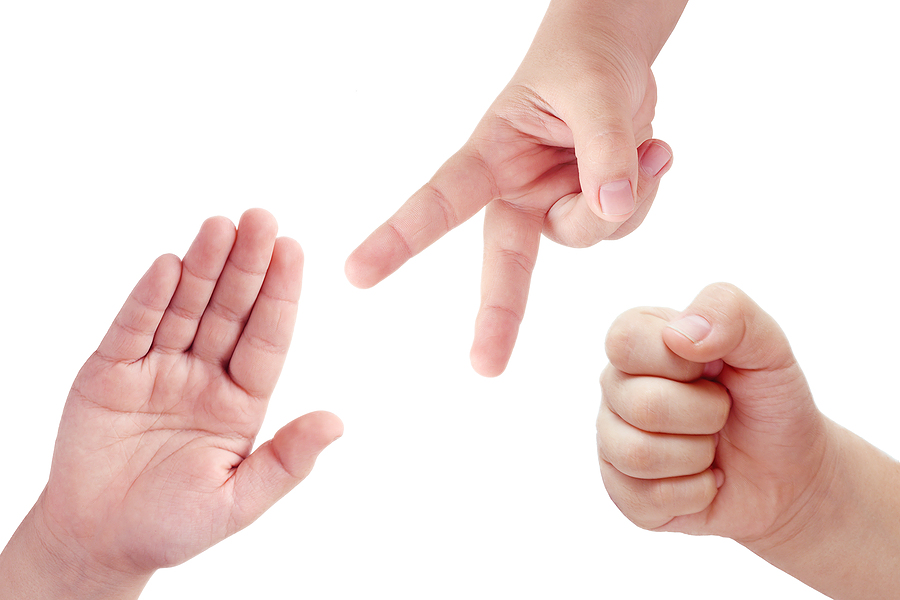Science Knows How You Can Win at Win Rock-Paper-Scissors
May 03, 2014 18:42

Rock-paper-scissors isn't all luck. Turns out it involves a lot of skill, and science can explain a winning strategy.
A bunch of Chinese researchers recently took 360 students and broke them into six groups and had them play 300 rounds of the game. The winners of each round were given a small sum of money as a reward, so the incentive for winning was there.
Scientists found that if a player wins over their opponent in one play, her probability of repeating the same actions in the next play is higher than her probabilities of shifting actions.
But if a player loses two or more times in a row, he or she will not play the same sign, but will play whichever sign would have beaten the first one that allowed their opponent to win.
If you won the last round...
...by playing rock, play scissors next....by playing scissors, play paper next.
...by playing paper, play rock next.
If you lost the last round
...by playing rock, play scissors next...by playing scissors, play paper next.
...by playing paper, play rock next.
If you lost the last round
...by playing rock, play paper next....by playing scissors, play rock next.
...by playing paper, play scissors next.
Just make sure your opponent hasn't read this study.
[ARS Technica]







































































